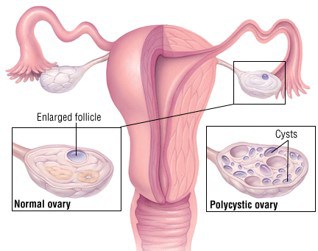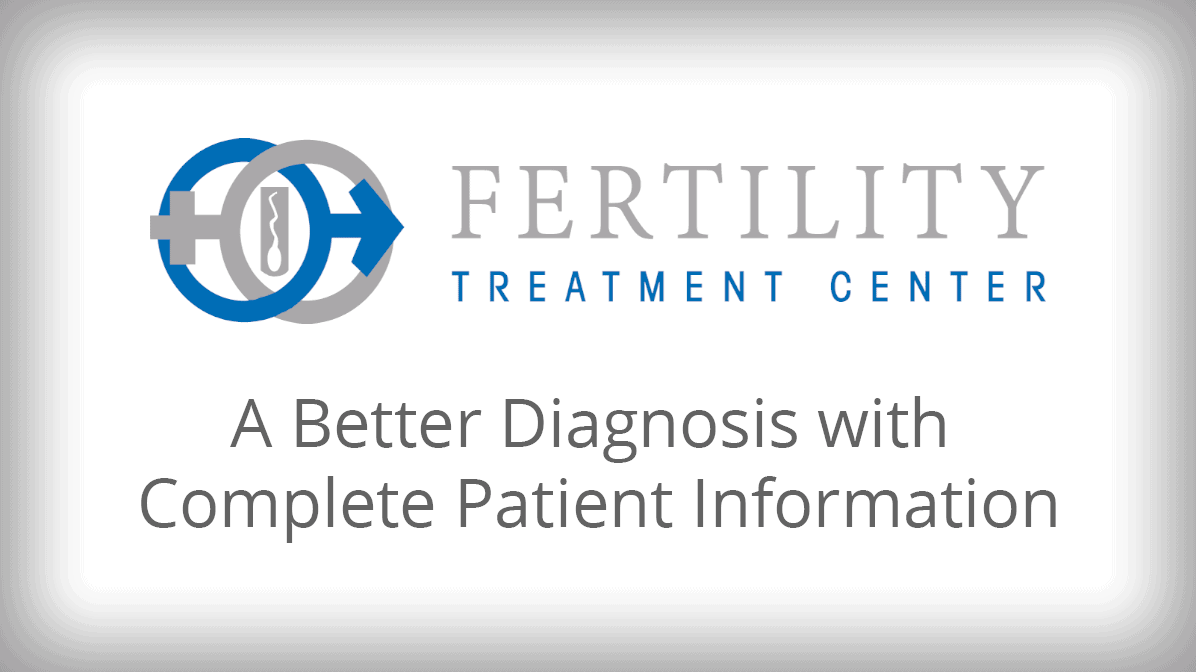Polycystic Ovary Syndrome (PCOS) is a very common cause of female infertility. However, many women, with help from their doctors, are able to overcome the condition and go on to become pregnant and deliver healthy babies.
Doctors aren’t sure what causes PCOS, but it is characterized by small collections of fluid in the ovaries, low-grade inflammation, and elevated levels of androgens (male hormones). Obesity is usually a factor in women with PCOS.
Symptoms of PCOS
The most common symptom of PCOS is irregular periods, either prolonged and heavy or infrequent. Women with PCOS may also have excessive hair growth and acne. When PCOS is present, the follicles in the ovaries do not develop properly, and eggs are not released. Therefore, women with PCOS ovulate infrequently or not at all.
Treatment for infertility due to PCOS
Besides recommending lifestyle changes to help you lose weight, your doctor can increase your chances of getting pregnant with PCOS by prescribing medications to help you ovulate. Clomiphene (Clomid or Serophene) is commonly prescribed. If clomiphene alone doesn’t work, your doctor may also prescribe a medication called metformin.
Some women with PCOS will also need injections of follicle-stimulating hormone (FSH) and luteinizing hormone (LH). Letrozole (Femara) is another medication that has been used to successfully treat PCOS-related infertility. Lastly, if medications are not successful, in-vitro fertilization (IVF) can help couples overcome PCOS.
Visit a specialist
If you suspect you may have PCOS, don’t wait to see a fertility specialist. Age is a significant factor in female infertility, so the sooner you can receive treatment, the better your chances of getting pregnant.



